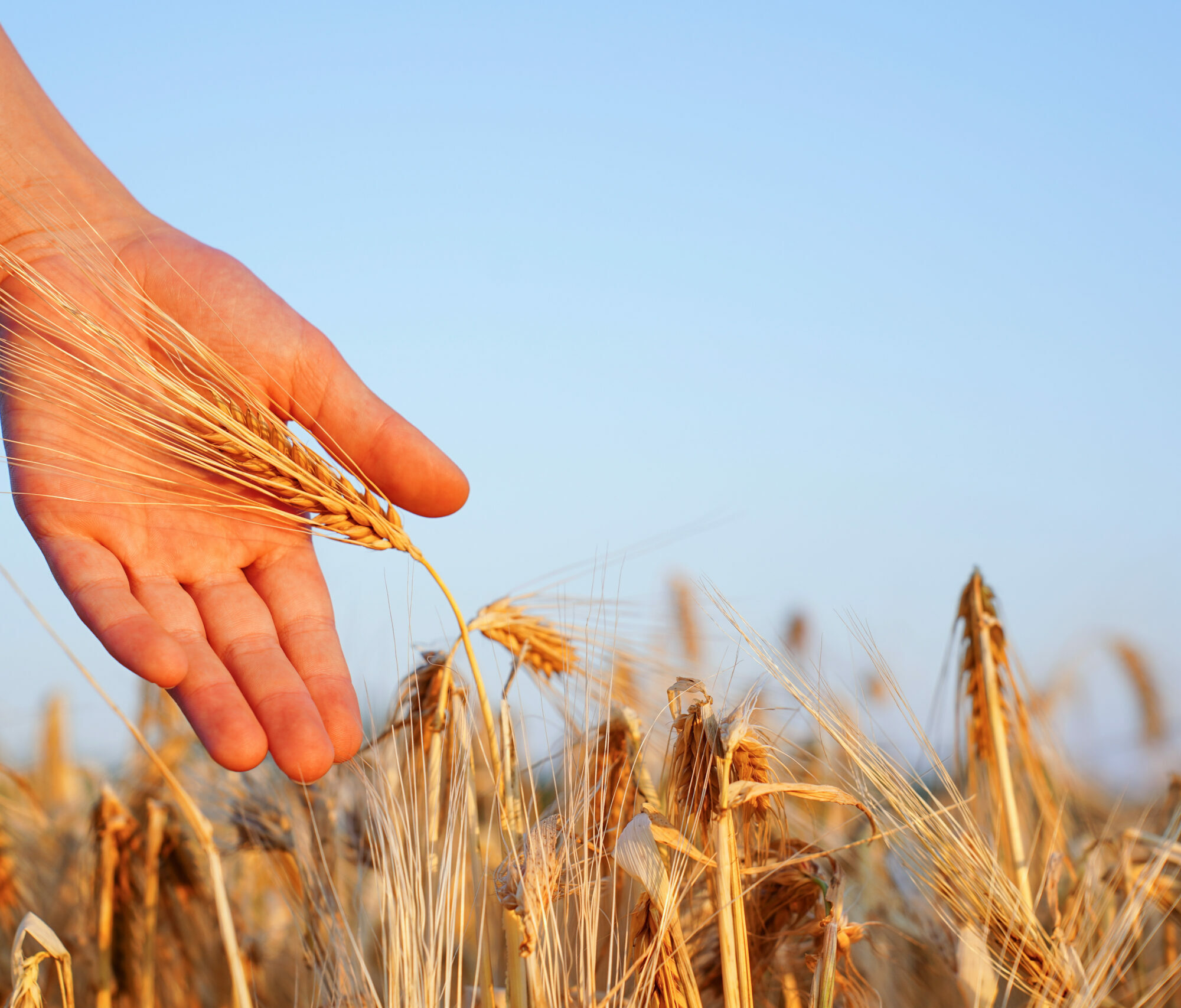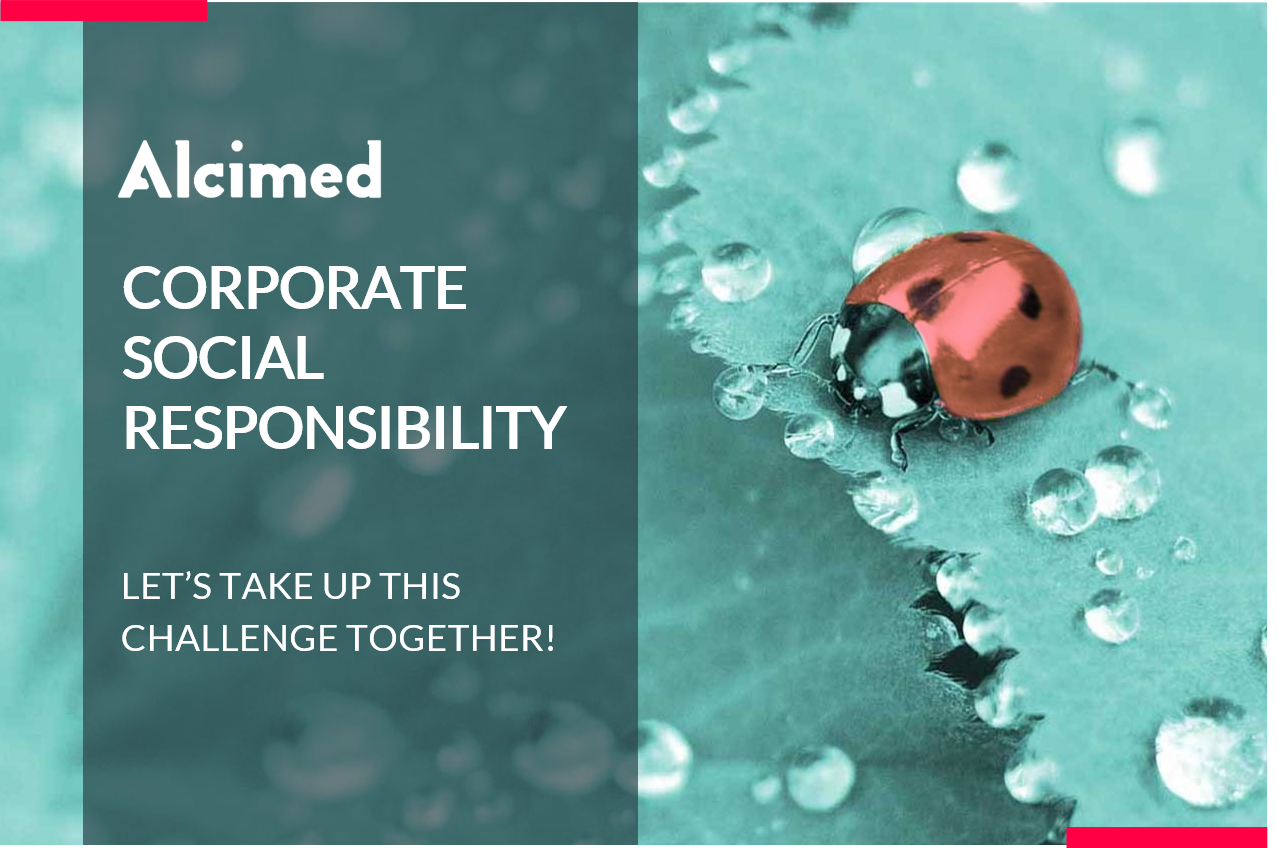Value source n° 1: “License to operate” or business continuity
The first source of value is the maintenance of “license to operate”, an increasingly widespread concept that reflects the complex challenge facing manufacturers in gaining acceptance for their activities and ensuring their long-term viability.
Licence to operate : This Anglo-Saxon expression can be translated as “social acceptability to operate”. This refers to a process whereby a company seeks to obtain the tacit agreement of stakeholders and local populations to develop its economic activity.
Companies that integrate sustainable development into their strategy, by seeking to maintain this “license to operate”, ensure :
- The preservation of the natural resources on which their activities depend. While all sectors today are faced with the need to reduce their GHG emissions in order to mitigate climate change, for the agri-food sector and food manufacturers, more than any other, this is a key issue.
- The support of civil society to continue operating. Consumers, citizens and stakeholders are increasingly aware of the economic, social and environmental consequences of agri-food activities, and are making new demands in this area.
- Their regulatory compliance, also by anticipating future requirements, thus avoiding business interruptions and potential fines. In addition, competitors who do not play the game will be ousted or weakened.
Value creation n°2: Operational optimization and cost reduction
Manufacturers can reduce their costs by adopting an appropriate CSR strategy. For example, energy efficiency (e.g. electricity costs, carbon footprint) and waste reduction can lead to significant savings.
What’s more, the indicators derived from data collection and analysis are new vehicles for value-creating interactions. They help to optimize processes, streamline exchanges and reduce costs between all players in the company, the industry and the value chain. They also make it possible to pilot inventive approaches (e.g. production of carbon credits), encouraging users to improve their collective practices. Finally, the adoption of new technologies should open up new avenues for optimization and innovation.
Value source n°3: Development of new products and services
Companies can develop new products and services with higher added value, better distributed among the players in the value chain. Instigated by the consideration of sustainability indicators and combined with a better understanding of customers and consumers (with the help of data analysis), these new products and services are designed through eco-design and the use of more sustainable sourcing.
In addition, new opportunities lie in the exploitation of new raw materials, manufacturing processes and the valorization of externalities. What’s more, the “offset” model adds a new source of revenue for companies that can resell carbon/environmental credits. Today, the global market for carbon credits is estimated at $0.6 billion, and should reach $50 billion by 2030.
Value source n°4: Building consumer loyalty
By making information, such as traceability, available on third-party platforms and/or based on consensual scientific methods, such as carbon footprinting, manufacturers reduce information asymmetries and offer greater transparency. In this way, they guard against a feeling of mistrust on the part of the consumer, and strengthen the relationship of trust with the brand.
Environmental indicators and labels (recyclability index, carbon impact) and ethical labels (fair trade), whose access is facilitated by the availability of “enhanced” information in-store or online, help to justify a higher price. After the emergence of 1.0 ratings focused on nutritional aspects (Nutri-Score, Yuka), we are now witnessing the emergence of 2.0 ratings, which are multidimensional and focused on sustainable development. Initiatives such as Carrefour’s Act For Food, Yuka’s second rating Eco-score and similar EU-wide initiatives bear witness to this. Environmental ratings should be required by institutions, as demonstrated by France’s “Resilience and Climate” law.
In this way, the many indicators of sustainable development are gaining in importance among consumers’ choice criteria, and pushing manufacturers to qualify their products correctly to ensure their success.
Découvrez comment nous vous accompagnons dans vos projets liés aux clean labels en agroalimentaire >
Value source n°5: Enhancing credibility and reputation among all stakeholders
Finally, the legitimate promotion of progress towards sustainable commitments, through CSR annual reports or CSR certifications, would have the following effects:
- Improved employee commitment: If employees are convinced that they are working for a worthwhile organization and that their work is meaningful, this makes it easier to hire and retain them.
- Enhanced reputation with shareholders: Making commitments and demonstrating corporate performance, integrity and reliability can strengthen a company’s reputation and financial rating, attracting more demanding traditional investors or simply green investment funds (Mirova, etc.).
In short, the main value drivers for manufacturers are business continuity, operational optimization and cost reduction, new product and service development, consumer loyalty and differentiation, and enhanced credibility and reputation with all stakeholders. The rise of the circular economy in the food industry is testimony to this, as it is the point at which all these values converge.
Transforming business models is a sine qua non if we are to remain competitive in the long term. Nevertheless, we at Alcimed are convinced that sustainable development represents an essential competitive lever right now. We believe that agri-food manufacturers can undertake this strategic pivot towards greater resilience, while at the same time tapping into the wealth of value represented by the transformation towards sustainable business models. And we’re here to support you in your projects related to these issues. Don’t hesitate to contact our team!
About the authors,
Mathieu, Project Manager in Alcimed’s Agrifood team in France
Sami, Senior Consultant in Alcimed’s Agrifood team in France
Ludivine, Consultant in Alcimed’s Agrifood team in France
Antoine, Consultant in Alcimed’s Agrifood team in France



